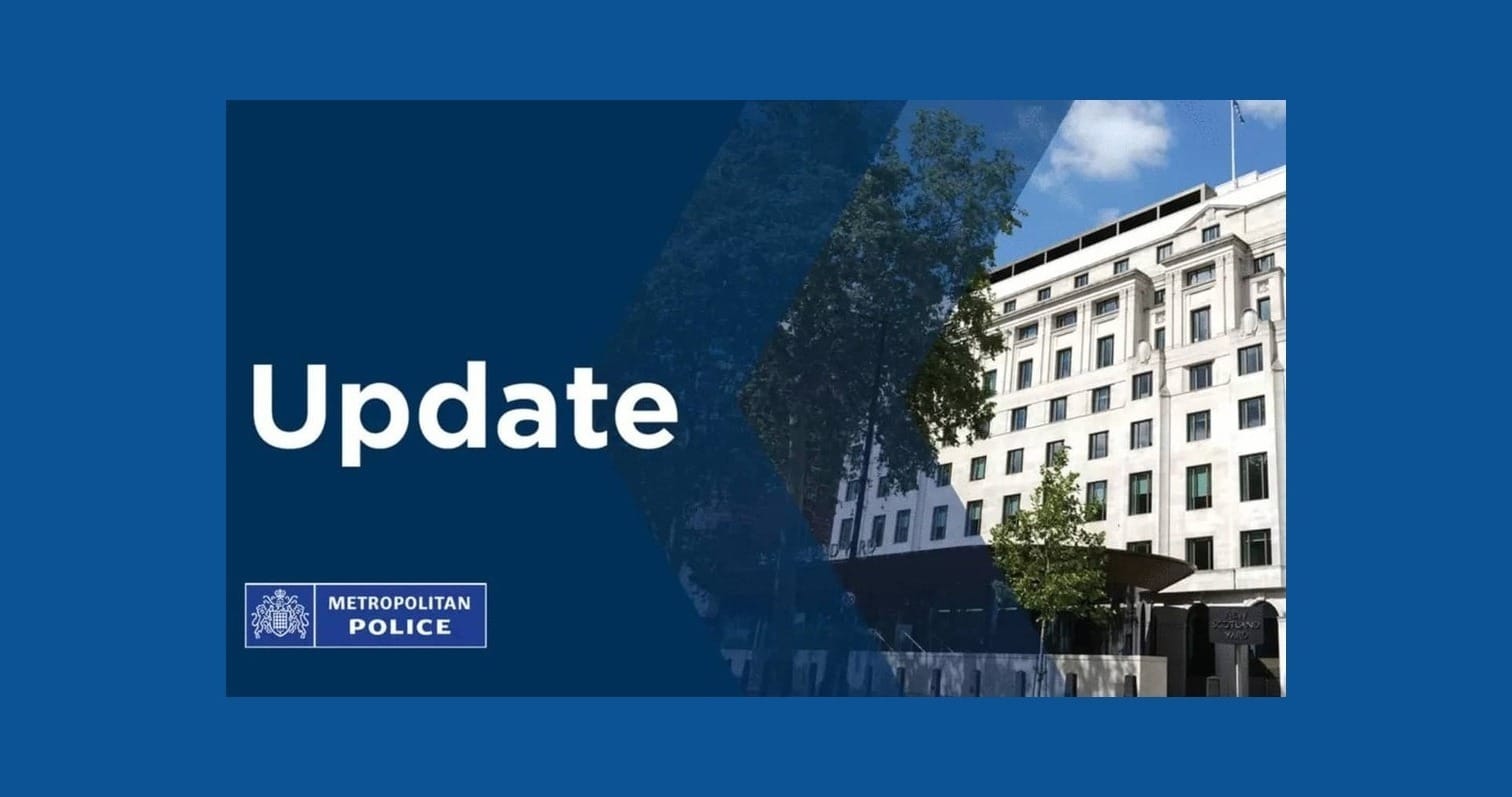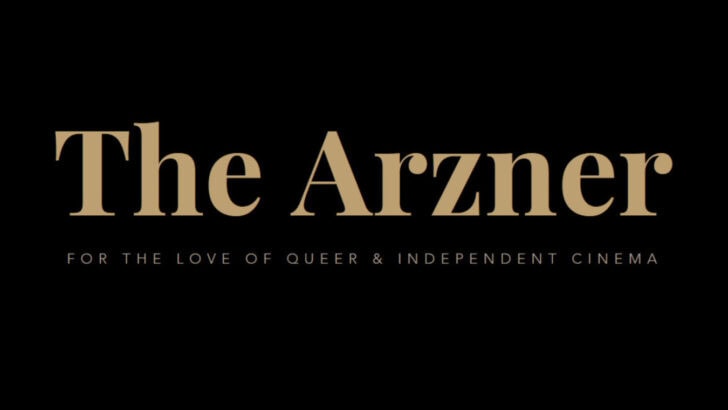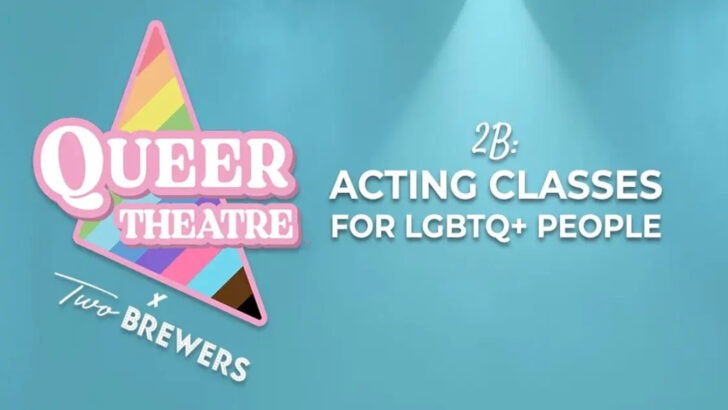The Met has just released an official statement regarding HMICFRS report into their response to lessons from the Stephen Port murders.
Stephen Port was sentenced to life improsoment having been found guilty of the murder of Anthony Walgate, Gabriel Kovari, Daniel Whitworth and Jack Taylor between 2014 and 2015 in east London. The police did not see the killings as suspicious until after the final death even though there were striking similiarities and the gay community knew that there was a killer on the loose.
Following the inquest human human rights advocate Peter Tatchell said, “Evidence given at the Stephen Port inquest revealed the police to be incompetent, negligent, unprofessional and homophobic. Every gay person who expressed concerns about the deaths was ignored, dismissed and treated with contempt, even the partner of one of the victims. That’s institutional homophobia. The officers involved must face disciplinary action”.
Following the inquests into the four deaths, His Majesty’s Inspectorate of Constabulary and Fire and Rescue Services carried out the inspection between June and November 2022.
The report was commissioned by the Mayor’s Office for Policing and Crime. The inspection looked in detail at Met processes and ways of working when dealing with unexpected deaths and what happened in the Port case.
The Met were recently put under special measures following a litany of failings. An official report commisoned by the Met after one of its officers abducted Sarah Everard found the Metropolitan Police Force to be institutionally racist, misogynistic and homophobic.
Metropolitan Police Statement sent to QX.
We accept we have more to do to minimise the chance of a case like this ever happening again.
Assistant Commissioner Louisa Rolfe said: “The deaths of Anthony Walgate, Gabriel Kovari, Daniel Whitworth and Jack Taylor were a tragedy and we are sincerely sorry we failed them and their families. While, as the inspection report acknowledges, we have worked hard since the murders to understand what went wrong and improve how we work, it highlights more we need to do.
“We have to get the basics right. That’s around how we train and support our officers to investigate deaths, identify suspicious circumstances and understand how protected characteristics may impact on those investigations.
“Our death investigation policy is sound, now it’s about turning policy into effective practice. To do this we have reviewed and updated our training for frontline officers and have begun a programme of enhanced training for their supervisors.
“We are also moving quickly on family liaison. We know we fell short in this case and the families did not get the service they needed or deserved. It is important we look again at this area to see what more we need to do to support families through such difficult times.
“We will fully consider the recommendations made by HMICFRS and ensure these are not just fully addressed but embedded into our working practices. This is what we have been doing with previous recommendations from the Coroner and the Independent Office for Police Conduct.
“We are sincere in our desire to make real change to minimise the chance of a case like this ever happening again.”
The press brief concluded: The Commissioner has set out how the Met will achieve its mission for More Trust, Less Crime and High Standards over the next two years through the Turnaround Plan. A draft plan has been published and, following further consultation, will be finalised soon. The plan is clear on the need for us to get the basics right to better serve Londoners.



















